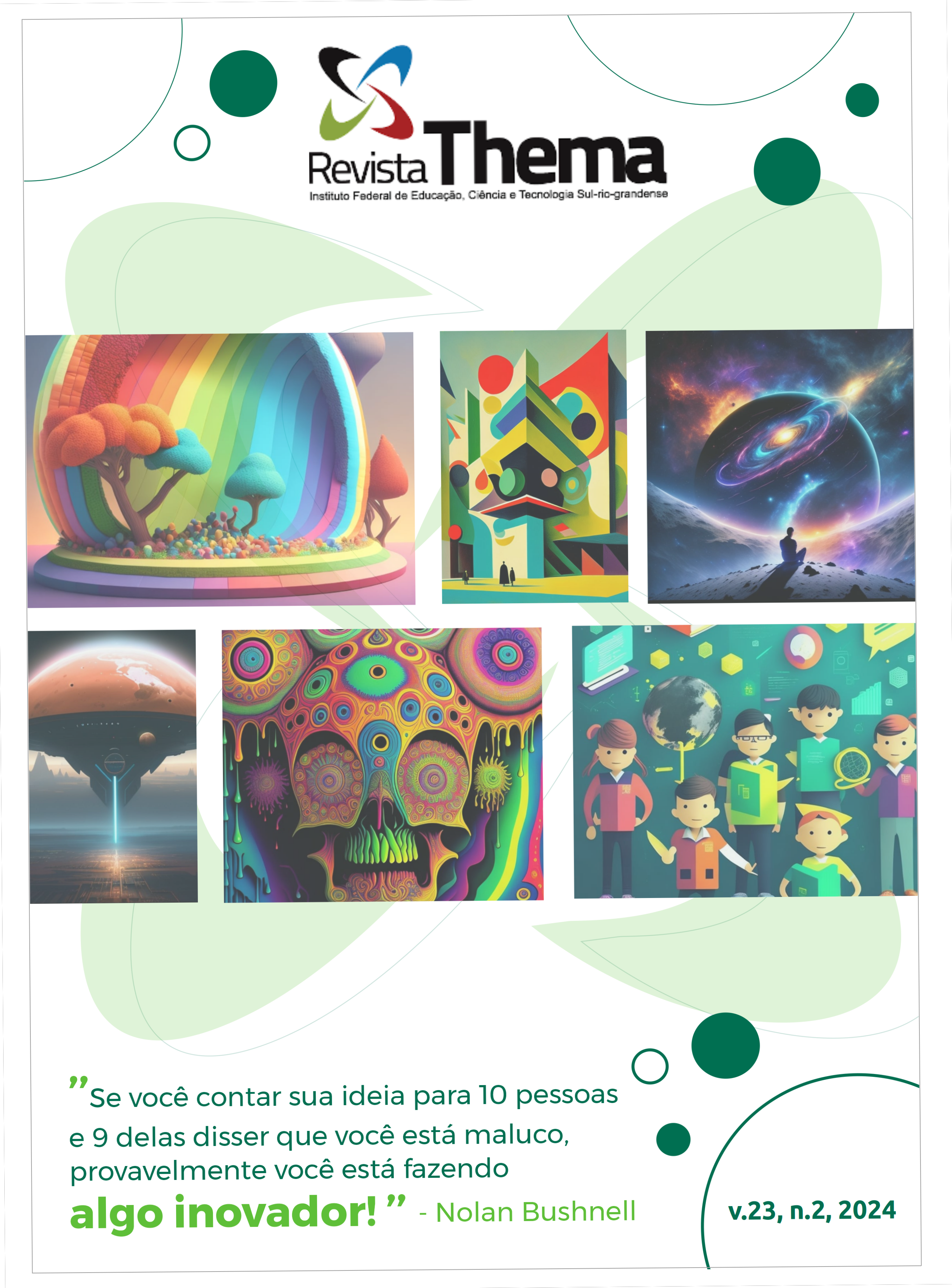Interference of experimental designs on plant elicitation studies performed with wheat
DOI:
https://doi.org/10.15536/thema.V23.2024.333-342.3485Keywords:
Biostimulant, Induction of resistance, Plant-plant communication, VOC interference, Solieria chordalisAbstract
The use of plants' natural defenses, including the utilization of different compounds and stimuli, has increased significantly since the discovery of the metabolic pathways involved in the synthesis of specialized compounds by plants. When elicited, plants release a large amount of volatile organic compounds (VOCs) in the air, which can act as great communicators and elicitors to neighboring plants and organisms. These VOCs can cause significant interference when testing new compounds against biotic and abiotic agricultural stressors. To mitigate these interferences and ensure that the observed effects and results are solely attributed to the treatments being evaluated, it is crucial to perform plant elicitation trials in total controlled conditions with the use of physical barriers to prevent VOCs exchange between treatments. To investigate the potential interference caused by VOCs, a study was conducted comparing two experimental sets: one performed in an open field using a randomized complete block design (RCBD), and another conducted in total controlled conditions using a completely randomized design (CRD) with adaptations. The study found that, on average, an interference of over 22% was observed for the assessed parameters. This suggests that the exchange of VOCs between treatments in the open field trial leads to significant interference and affects the reliability of the results.
Downloads
Downloads
Published
How to Cite
Issue
Section
License
O autor responsável pela submissão representa todos os autores do trabalho e, ao enviar o artigo para a revista, está garantindo que tem a permissão de todos para fazê-lo. Da mesma forma, assegura que o artigo não viola direitos autorais e que não há plágio no trabalho. A revista não se responsabiliza pelas opiniões emitidas.
A Revista Thema é de acesso aberto (Open Access), sem que haja a necessidade de pagamentos de taxas, seja para submissão ou processamento dos artigos. A revista adota a definição da Budapest Open Access Initiative (BOAI), ou seja, os usuários possuem o direito de ler, baixar, copiar, distribuir, imprimir, buscar e fazer links diretos para os textos completos dos artigos nela publicados.
Todos os artigos são publicados com a licença Creative Commons Atribuição-NãoComercial 4.0 Internacional. Os autores mantém os direitos autorais sobre suas produções, devendo ser contatados diretamente se houver interesse em uso comercial dos trabalhos.





